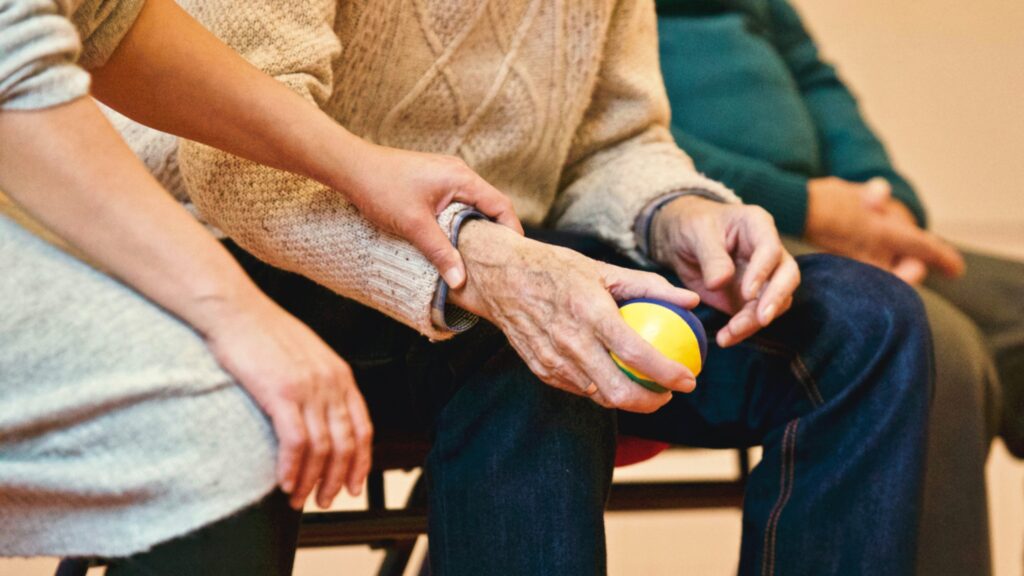
Article Focus: Short Term Memory Transitions
Life Transitions Series is a group of Posted Articles which will help all of us to understand the Transitions which eventually happen to us all. We will ask and attempt to discuss What transitions do older adults face?
Short Term Memory Loss recognition
Short term memory loss occurs along with Immediate Memory Loss and is apparent to those close to the person starting on that horrible voyage called dementia. No person goes on this journey alone and no one is left untouched.
Short term memory loss occurs early in the progression of dementia. You may become aware of it by asking the person what happened in their day and they are unable to tell you. They may think it is time to eat just minutes after they have eaten. They do not remember a conversation that you have had with them just moments after it occurred. They become upset with you for withholding information that has recently been given to them.
Short term memory loss is very upsetting when you observe it. Imagine, if you would, how devastating it is to the person actually experiencing it and reminded of it at every turn. It makes them frustrated and angry at what they realize they are losing. This anger and frustration can be directed at you; the person they are closest to.
Short term memory loss makes a person unable to multitask. It makes them unable to do things that were second nature to them like make a bed and answer the phone when it rings during the process. It makes them unable to answer a question while performing a simple task. It accounts for the inability to turn off the stove when a mundane task is completed. It makes them believe that no one cares since they do not remember recent communications. In short, it makes them feel like they are losing control, which is in fact, what is happening to them.
How do we deal with short term memory and provide the help that is needed? Perhaps a calendar with any appointments that they need to be aware of and a reminder to look at that calendar until it becomes an intricate part of their daily functions. Try a journal that you keep for them recording calls or visitors that they have received. You can also record, in that journal, meals they have had and times they had them. A strict schedule of meal times seems to help and it gives them structure to their day. Do not mention any short comings, just check on them and make any adjustments that need to be made, like turning off the stove, closing the refrigerator, flushing the toilet, and seeing that they have taken their medications.
During this time their long-term memory may well be intact. You will find that they will tell you stories over and over again. Know that they do not remember that you have heard these stories numerous times. Also know that these memories are all that they have to talk about since they do not remember what happened this week, today, or 30 minutes prior to the telling. Listen, perhaps make notes of these conversations. Trust me, you will want to remember them later when the talking ends. Long term memory will end along with the frustration since they will no longer be aware of their losses. The time will come when they may need reminding to toilet, brush their teeth, bathe and they’ll be unable to fix their own meals or make decisions as to what those meals will be. The most difficult thing for those of us who live with dementia, that is not our own, is that we lose the person that we know and love long before we actually lose them. Understand that mourning their loss begins long before we mourn their death.
Read more from LaVona: Ultimate Senior Living Resource Guide >>
Here are more resources to help you learn more about Short Term Memory Loss and this Life Transition:
- Mayo Clinic look at this Life Transitions – healthy lifestyle for aging an in depth look at memory loss
- Golden Placements Adult Services – Life Transitions Immediate Memory
LaVona Tomberlin, Senior Placement Specialist
 LaVona is a Senior Placement Specialist at GPS. She loves writing about improving the lives of Elderly working in private care and in-home care for over 36 years. Geriatrics, Memory Care. Plus holds Master of Psychology Behavioral Health with the goal of advocating for those who needed a voice. Helping the families to make good decisions and to relieve their stress in uncertain times makes life worthwhile.
LaVona is a Senior Placement Specialist at GPS. She loves writing about improving the lives of Elderly working in private care and in-home care for over 36 years. Geriatrics, Memory Care. Plus holds Master of Psychology Behavioral Health with the goal of advocating for those who needed a voice. Helping the families to make good decisions and to relieve their stress in uncertain times makes life worthwhile.







